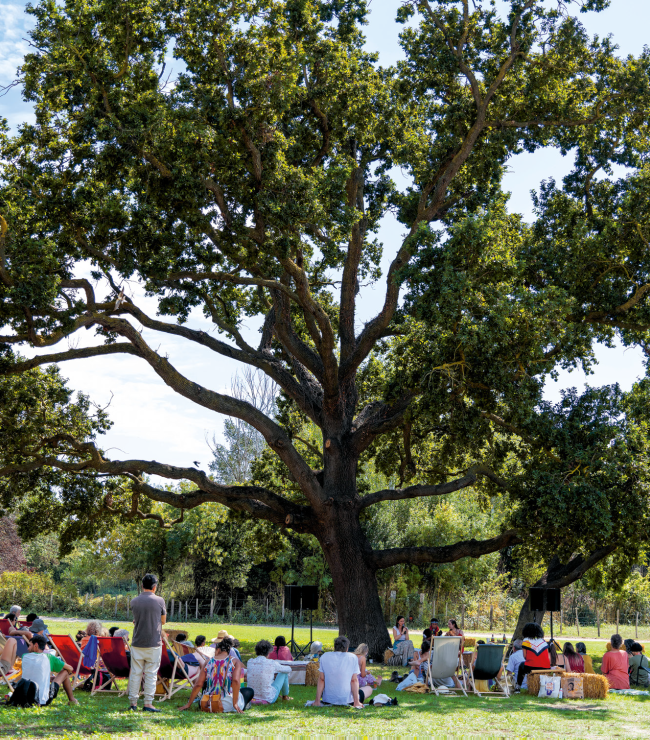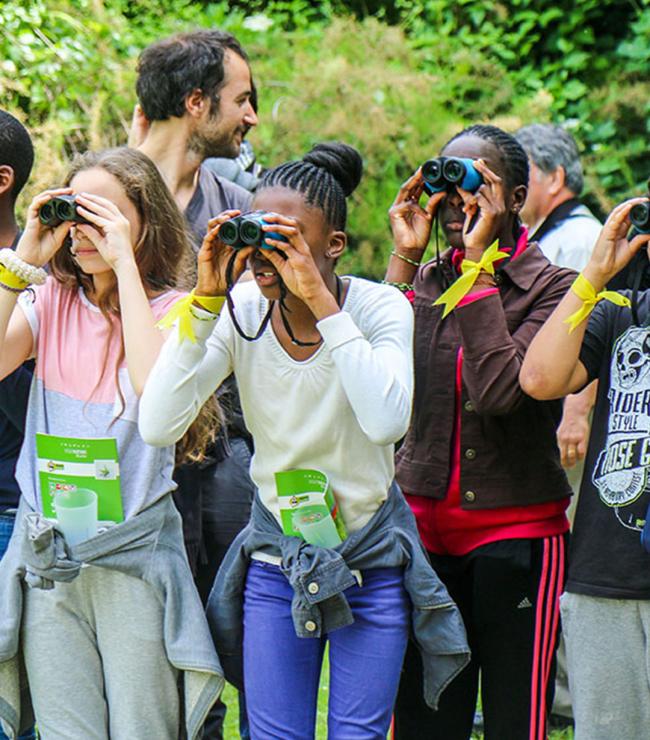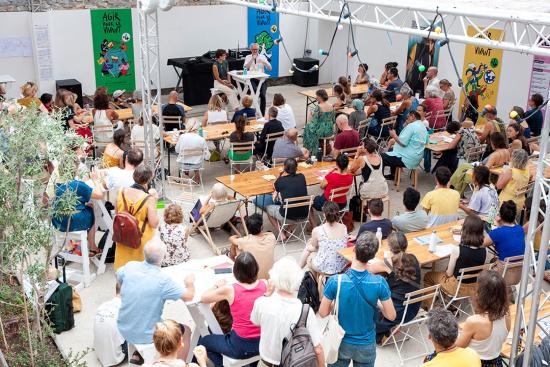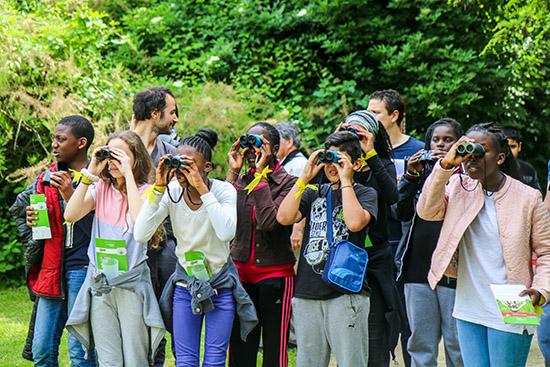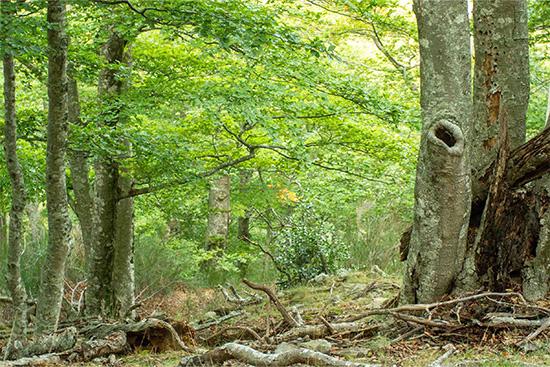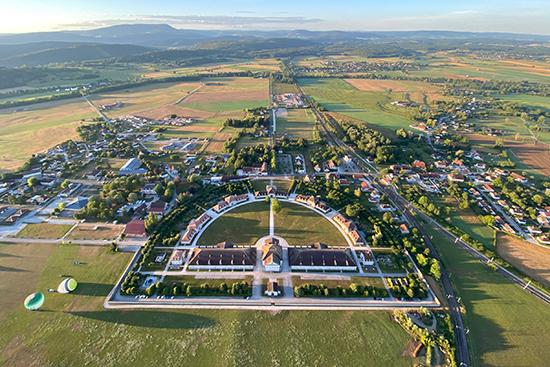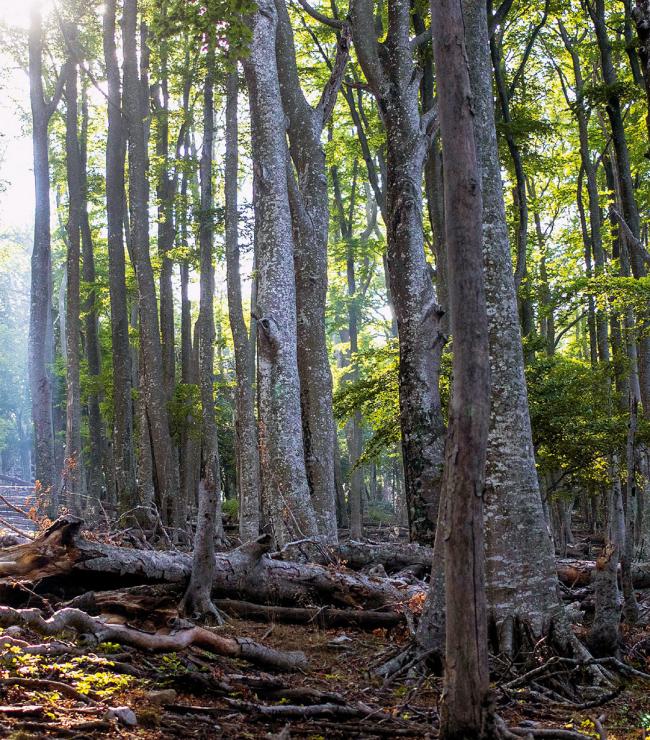
The Foundation’s dedication to the environment unfolds through careful gestures and close relationships with the territories in which it operates. Keenly aware that there are many ways to protect biodiversity and to ensure that a sustainable planet can be passed on to future generations, the Foundation has chosen to support a number of targeted projects with proven impact. Structured around four key areas, the Foundation’s support enables all those involved to extend their actions and enhance their effectiveness.
Raising awareness of biodiversity
Alongside the Manuterra, learning from the living world programme, the Foundation supports a number of initiatives dedicated to raising awareness and engaging younger generations, who will have an essential role to play in protecting our ecosystems.
These include Vigie-Nature École, a participatory science programme that invites school pupils to collect data on everyday biodiversity in their surroundings, which is subsequently used by researchers. The Écovolonterre project, meanwhile, enables young people aged 16 to 25 from a wide range of backgrounds to take part in ecological fieldwork. On the ground, the non-profit organisation Intelligence verte contributes to the development of student-run co-operative vegetable gardens that encourage the cultivation of healthy and affordable food.
Thinking collectively
From philosophical questions to practical reflections, environmental issues lie at the heart of multiple approaches. The Foundation supports two ecological initiatives with a collective and interdisciplinary approach.
Drawing on dialogue between local stakeholders working on the ground and individuals from a wide range of backgrounds involved in environmental action, the Agir pour le Vivant festival seeks to imagine a united and forward-looking society geared towards the protection of the living. Interdisciplinary thinking is also central to the LEAST (Laboratory of Ecology and Art for a Society in Transition) project, which aims to promote grassroots initiatives that encourage change in lifestyle through the sharing of knowledge and the fostering of diversity and inclusion.
